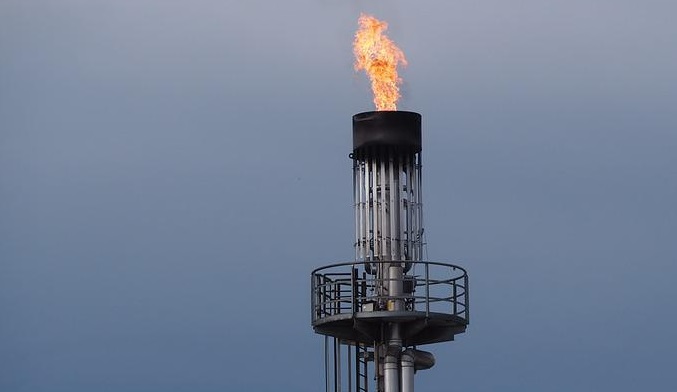Ignoring calls from environmentalists, the British government has just officially approved one of the biggest oil and gas projects the UK has seen in years.
In a press release on the government’s official website on Wednesday, the UK government announced the decision to approve the development of the North Sea Rosebank.
The announcement said the Norwegian energy giant Equinor had been granted permission by regulators to work with Britain’s Ithaca Energy to develop the offshore deposit. Equinor holds an 80% stake, and Ithaca Energy holds a 20% stake in Rosebank, largely considered the biggest potential untapped field in Britain.
The press release said the permission to move forward with the project was designed to “strengthen [the UK’s] energy security” and followed “extensive scrutiny by the regulators,” with an eye to any potential environmental impacts.
The press release stated, “The government has today welcomed the decision by regulators to approve the new Rosebank development… While the government is scaling up homegrown clean energy sources such as offshore wind and nuclear, the UK still relies on oil and gas and this will continue to be the case over the coming decades.”
Equinor says it is expected the field will begin output in 2026-2027, producing roughly 300 million barrels of oil until 2051.
Worries over the potential environmental impact have long followed the plans to tap into Rosebank, triggering public backlash and the opposition of environmental campaigners. Campaigners had launched protests of the development of the field on the basis of it working against the nation’s goal of attaining net-zero emissions by 2050.
In July, however, Prime Minister Rishi Sunak voiced his support for the project, noting that if Britain is to acquire energy security, it will need new domestic sources of oil and gas, and that it will be impossible to eliminate all dependence on oil and gas within the nation by 2050. He also announced his government’s plans to issue additional new oil and gas licenses in the North Sea, as well.
Energy Security Minister Claire Coutinho noted that the development of Rosebank would be less emissions-intensive than previous projects since the extraction process was planned to be electrified.

